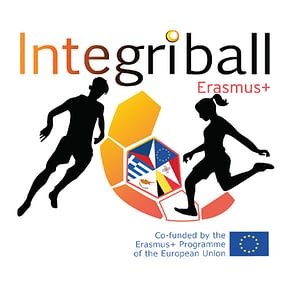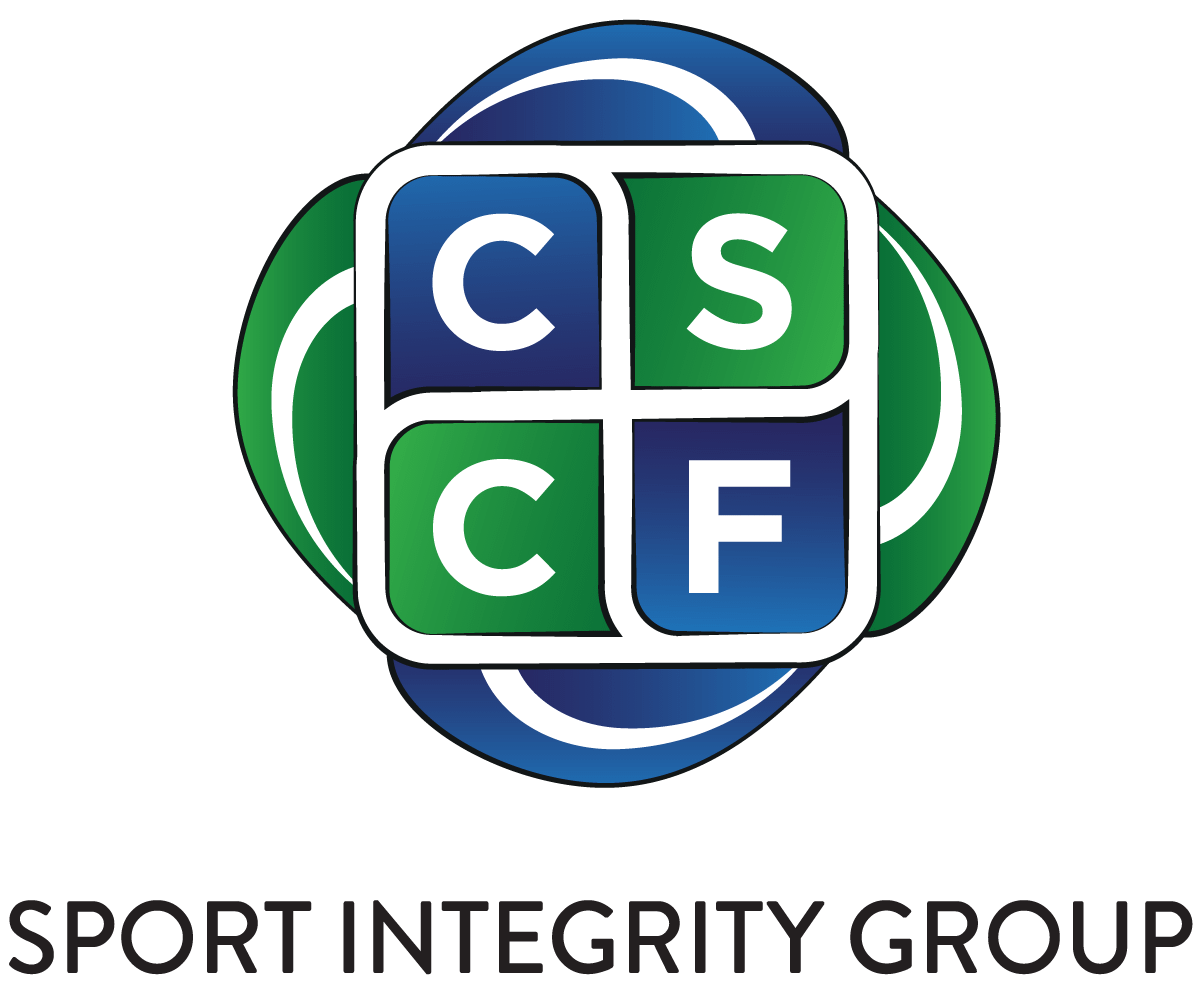The Integriball Erasmus Plus project is dedicated to protecting grassroot footballers and female footballers from threats of sport manipulation

The Integriball Erasmus Plus project came to its end on the 30th of November with its final administrative session and the closing conference. The project had a two-year run from the beginning of 2020 to the end of 2021, during which sport integrity experts developed extensive curricula and disseminated them through a multitude of training sessions. With the help of the Integriball project, thousands of women and young footballers can now play in a safer environment.
The Administrative Session and Closing Conference
On the 30th of November, the administrative session and closing conference of the Integriball Erasmus Plus project, hosted by GLMS – and coordinated by CSCF – Foundation for Sport Integrity, were held. The online session had active participation and collaboration from more than 50 participants between partners and guests, besides the partners of the project who were as follows:
- The Royal Belgian Football Association
- The Cyprus Football Association / Pancyprian Footballers Association
- The Football Association of the Czech Republic
- The Hellenic Football Federation
- The Malta Football Association
- The Ghent University, and
- The Global Lottery Monitoring System
UEFA, FIFA, International Olympic Committee, FIFPro, World lottery Association, Interpol, World SAMBO Federation, Berkeley Global Society and the European Union also came together to share the insights, conclusions, recommendations, and future actions of the project.
The project development
The EU-funded Integriball Erasmus + project was completed after 2 years (2020-2021) of dedication, education and awareness raising on tackling match-fixing in European football for young boys and girls and senior women footballers. It identified and addressing the issue from the different country partners of Belgium, the Czech Republic, Malta, Greece, and Cyprus.
The project has a thorough research basis, the results and the curricula were based on desk research, survey research and a comprehensive interview phase conducted throughout 2020.
As the first step of this phase, Ghent University carried out desk research on the state of play of sport manipulation in all five countries, and Ariosz surveyed the future participants of Integriball about their opinions and knowledge on the topic. During the interview phase, the experts of CSCF Foundation for Sport Integrity, together with the experts of the local partners (in their respective countries) and GLMS, conducted more than 60 interviews from all the 5 countries. The interviewees represented different stakeholders in the field of football (football players, coaches, integrity officers), through law enforcement to the highest level of policy making.
All this work resulted in a comprehensive understanding of the present state of match-fixing and sport manipulation in women’s and grassroots football in each country.
The knowledge collected from the countries of Integriball gave a great fundament for the curricula which was developed by and for all the partners of the projects. For the latter guide, CSCF implemented a train-the-trainers method, where representatives assigned by their federations were taught by experts to be able to train the athletes in their organizations. These documents were built to introduce the phenomenon of sport manipulation (Match-fixing) on how to recognize manipulation and what to do, and who to turn to if sport manipulation is committed.
The information was translated into the languages of the partner countries and tested at the pilot sessions where the knowledge was delivered to players of all the 5 country partners with the involvement of the 5 football associations: RBFA, PASP, CRFA, HFF, MFA as well as GLMS and CSCF. This was followed by the train the trainers sessions for the future trainers in the partner countries.
During these pilot and train the trainer sessions, we had the participation of 25-30 players from SK Slavia Praha “A” Women and SK Slavia Praha U17 Men in the Czech Republic; 9 players from the Mgarr United in Malta; 13-24 players from Voetbal Vlaanderen (the Association of all Flemish football clubs in Belgium) and ACFF (the Association of all Walloon football in Belgium; 34 players from Nea salamina, Derynia, Ayia NAPA, and Apollon Ladies in Cyprus, and 150 trainers will be trained soon in Greece.
The team of experts that participated in these activities includes academics, sport integrity, and betting specialists, specialists on whistleblowing, and investigators with sound experience in building and educating good governance and strategies of sports and combating serious crimes. The experts performed background analyses and field-work interviews to help us research the various facets of sport corruption.
By using CSCF international experts’ knowledge in the domain and the support of the country partners, more than 700 athletes and trainers were trained through pilot sessions, train the trainers and delivery by the trainers to players in 2021.
The sessions by the trained trainers have already started in the partner countries. The knowledge of integrity has been spread around the countries amongst youth and women footballers and is planned to directly impact more than 10,000 people in the long term.
The Integriball trainings will continue in all the countries after the project ends.
The federations and union have committed to using the developed material to maintain knowledge and raise awareness among this specific target group of football players on fighting sport manipulation in Belgium, Cyprus, the Czech Republic, Greece, and Malta.
The knowledge of the project is expected to help to develop a product which will be adaptable for use not only in the countries of the Partners but also in other European countries and beyond.
During the project’s lifetime, the knowledge on the topic was constantly measured through surveys. Based on the results of the survey, it could be stated that while the athletes did not have much first-hand experience with match-fixing, which is definitely a positive sign, most of them also had not taken part in any sport manipulation-related education before. So, generally, they had little knowledge about the topic. There were other factors signaling the importance of integrity education for them, such as a big proportion of them saying that match-fixing was very common in football, or the fact that half of the respondents knew someone who was addicted to gambling. As the project was going on, further surveying showed that the knowledge and awareness of participants about sport manipulation was growing, and that they were satisfied with the content and education they were receiving.
“I truly believe that the outputs of the Integriball Erasmus plus project, that were developed meticulously and delivered widely, will help to prepare not only the participating federation and union football players to be very successful, cautious and knowledgeable sportsmen and sportswomen, but they can also be transferred beyond these countries, thus benefiting the wider society of Europe and beyond,” Norbert Rubicsek, CSCF Director.
We want to thank all the partners, experts and participants for being part of this initiative and for their support and collaboration on this project. We also want to thank UEFA and the Council of Europe for their support in ensuring consistency of progress.
We all stand against manipulation in sport!


